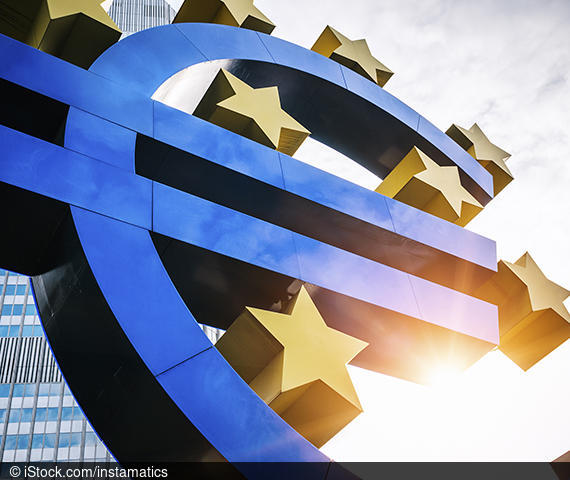The ECB’s Decision is Disappointing
CommentAs expected, the European Central Bank (ECB) announced today that, once again, it would not be adjusting its base rates, nor would it be making any changes to its outlook on interest rate policy. The outlook on the bond purchase programme remains equally unchanged from July’s communiqué, as the ECB confirmed the programme’s continuation. Professor Friedrich Heinemann, head of the Research Department “Corporate Taxation and Public Finance” at the Centre for European Economic Research (ZEW) in Mannheim, offers his view on the ECB’s decision:
“Today’s decision by the ECB is disappointing. Although there is a desperate need for a verbal preparation for a phasing out of the bond buying programme, the ECB even hinted at the possibility of extending the QE programme. The euro’s rally in the past few weeks seems to have a frightening effect on the members of the ECB’s Governing Council. However, the appreciation of the euro is not a valid argument against putting an end to the bond purchases in the coming year.
As the euro rises once again, all signs point towards an economic stabilization in Europe. The euro’s gains against the US dollar have an easing effect on the tensions resulting from US criticism of an allegedly unfair European exchange rate policy, thus reducing the risk of trade wars. Furthermore, a stronger euro may help Germany to reduce its current account surplus. These are all goods news for the Eurozone, which should in fact encourage the ECB to taper its purchase programme as soon as possible. The appreciation of the euro points towards an economic stabilization in Europe. What the ECB has to do now is to quickly normalize its monetary policy. The ECB’s decision to remain completely passive despite a substantially improved economic situation could exacerbate unnecessary risks of market overheating and bubble formations.”
Contact
Prof. Dr. Friedrich Heinemann, Phone +49 (0)621/1235-149, E-mail friedrich.heinemann@zew.de
